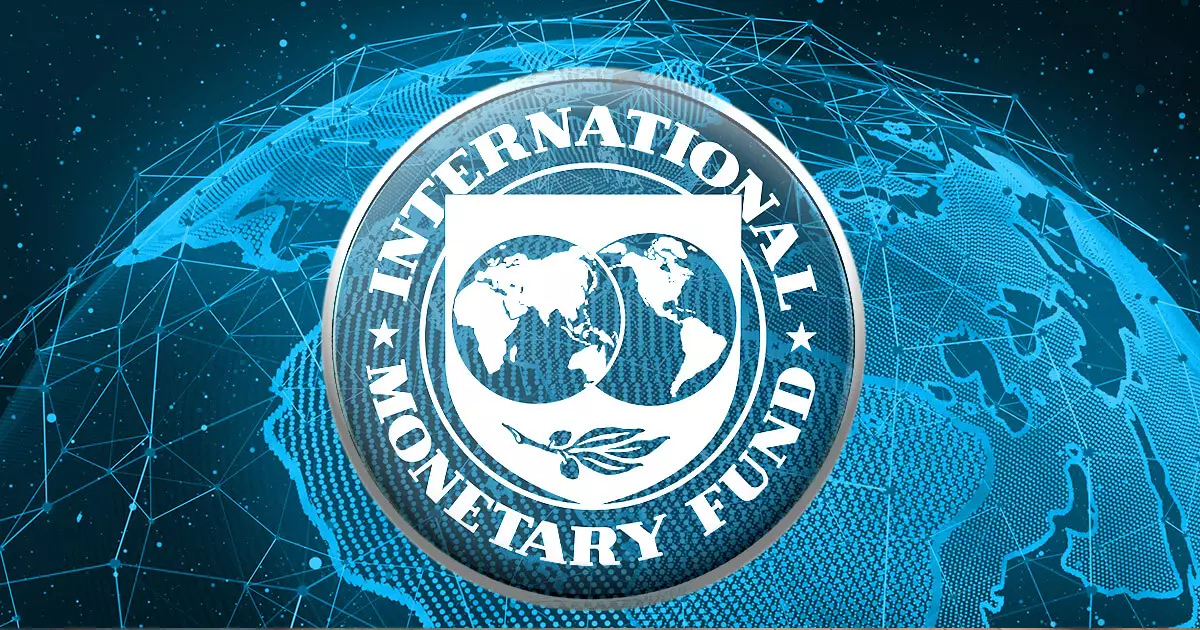With the rapid growth of crypto-assets like Bitcoin and stablecoins, concerns regarding their financial stability and integrity risks have become more prominent. In response to these concerns, the International Monetary Fund (IMF) and the Financial Stability Board (FSB) have published a report commissioned by the G20 under India’s leadership. This report outlines a comprehensive framework for regulating crypto-assets, highlighting the risks involved and proposing policy recommendations to address them.
The report argues that the widespread adoption of crypto-assets could undermine the effectiveness of monetary policies, increase fiscal risks for governments, and negatively impact capital flow management measures. In particular, stablecoins are identified as a “significant risk” due to their potential to transmit volatility abruptly and their potential for widespread adoption. The report warns that if individuals and businesses start holding substantial portions of their wealth in stablecoins, rather than local currencies, it could pose significant risks to financial stability.
To mitigate the macroeconomic and financial stability risks associated with crypto-assets, the IMF and FSB recommend a multi-pronged policy response. This includes strengthening monetary policy frameworks, guarding against excessive capital flow volatility, addressing fiscal risks, implementing anti-money laundering standards, and enacting comprehensive regulation for crypto-assets. The report also emphasizes the need for the regulation of crypto-assets and markets to be subject to the same level of activity and risk as traditional financial assets.
The recommendations put forth by the report have the potential to transform the regulatory landscape for cryptocurrencies and stablecoins. The minimum baseline set by the report aligns with the Financial Action Task Force (FATF) standards to mitigate illicit financing risks. Additionally, the International Organization of Securities Commissions (IOSCO) aims to apply its principles to crypto-assets to protect market integrity. The report acknowledges that some emerging markets may require additional targeted measures based on their specific vulnerabilities, but these measures should not substitute for macroeconomic policies, strong institutions, and comprehensive regulation.
The report lays out a roadmap for the effective and coordinated implementation of the crypto-asset policy framework. This includes capacity building beyond G20 members, enhancing global coordination and cooperation, and addressing data gaps in the evolving crypto-asset ecosystem. It highlights the importance of authorities being ready to regulate and supervise global stablecoin arrangements, having the necessary powers, tools, and resources. The report also emphasizes the need for cross-border cooperation, coordination, and information sharing among domestic and international authorities to ensure consistent regulatory and supervisory outcomes.
In addition to regulation and supervision, the report emphasizes the importance of comprehensive governance frameworks for crypto-asset issuers and service providers. Clear lines of responsibility and accountability should be established to ensure effective oversight. Stringent risk management frameworks are also crucial for crypto-asset service providers to address financial stability risks adequately. The report calls for robust data collection, recording, and reporting systems by crypto-asset issuers and service providers. Comprehensive disclosure standards and the identification of financial stability risks arising from interconnections within the crypto-asset ecosystem are also highlighted.
The report will be discussed at the upcoming G20 summit in India, where policymakers and stakeholders will evaluate the proposed framework for regulating crypto-assets. This discussion will play a significant role in shaping future regulations and determining the path forward for crypto-assets.
The report commissioned by the G20 lays out a comprehensive framework for regulating crypto-assets. It highlights the risks posed by crypto-assets, particularly stablecoins, and calls for a multi-pronged policy response to address these risks. The recommendations have the potential to transform the regulatory landscape for cryptocurrencies and stablecoins. Effective implementation, cooperation among authorities, robust governance frameworks, and risk management measures are crucial for ensuring the stability and integrity of the crypto-asset ecosystem. The upcoming G20 summit will provide an opportunity for policymakers and stakeholders to discuss and evaluate the proposed framework, ultimately shaping the future of crypto-asset regulations.


Leave a Reply